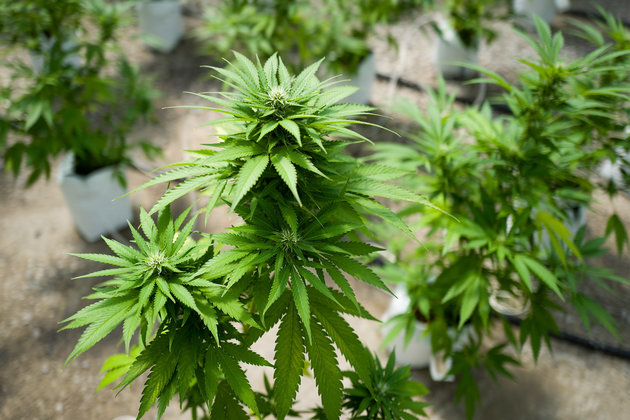-
Tips for becoming a good boxer - November 6, 2020
-
7 expert tips for making your hens night a memorable one - November 6, 2020
-
5 reasons to host your Christmas party on a cruise boat - November 6, 2020
-
What to do when you’re charged with a crime - November 6, 2020
-
Should you get one or multiple dogs? Here’s all you need to know - November 3, 2020
-
A Guide: How to Build Your Very Own Magic Mirror - February 14, 2019
-
Our Top Inspirational Baseball Stars - November 24, 2018
-
Five Tech Tools That Will Help You Turn Your Blog into a Business - November 24, 2018
-
How to Indulge on Vacation without Expanding Your Waist - November 9, 2018
-
5 Strategies for Businesses to Appeal to Today’s Increasingly Mobile-Crazed Customers - November 9, 2018
Opioid Use Decreased in States Allowing Medical Marijuana
Researchers at Columbia University in NY and the University of California at Davis performed a between-state comparison of opioid positivity rates in fatal auto accidents in 18 states.
Advertisement
It has been discovered that the states, which approved laws for cannabis consumption, saw a decline in fatal crash cases involving drivers who tested positive for prescription painkillers.
Among the 68,394 deceased drivers who were studied, about 42 percent were fatally injured in states with operational medical cannabis laws, 25 percent in states before an operational law went into effect, and 33 percent in states that had never passed a medical marijuana law.
The researcher says the study shows that, ‘in states with medical marijuana laws, fewer individuals are using opioids’. This increase in states legalizing the use of marijuana as a medical remedy for pain means that the potential is there to see the opioid epidemic decrease as a whole.
The United States is now facing an epidemic of opioid painkiller abuse. In 2014, more than 14,000 people have died from overdoses of prescribed opiates.
Last March, federal health officials released new regulations to curb the painkiller abuse by urging doctors to avoid prescribing highly-addictive drugs like OxyContin and Vicodin when treating patients with chronic pain. And in July, researchers documented that states with medical marijuana saw a drop in prescription drugs, saving an estimated $165.2 million in Medicare costs.
No on 2, the organization opposing this fall’s amendment 2 medical marijuana ballot measure is asking Democratic Presidential nominee, Hillary Clinton, three questions ahead of her Orlando rally and fundraiser with Medical Marijuana Champion, Attorney John Morgan.
At the state level, however, the tide is turning.
Advertisement
The commission announced at an August meeting it was bumping two previously selected finalists because the initial selections didn’t include geographic representation noted in the state law. However, four states including Washington, Alaska, Oregon, and Colorado are allowing the use of the stuff for recreational purposes. “Might your newfound support for “medical” marijuana have anything to do with the fact that John Morgan (a.k.a. Mr. Marijuana) is hosting his second presidential campaign fundraiser for you this evening?”





























